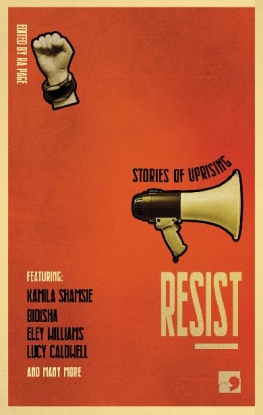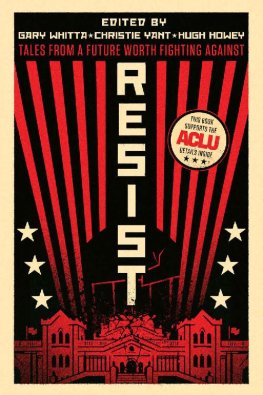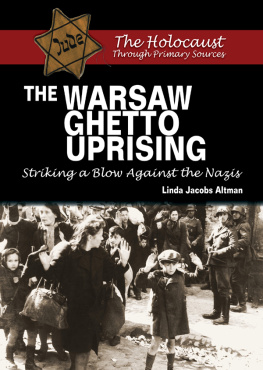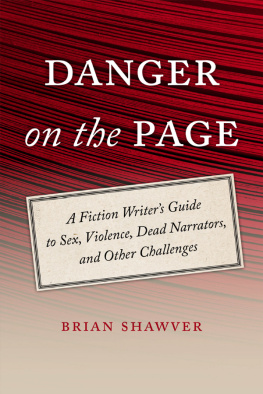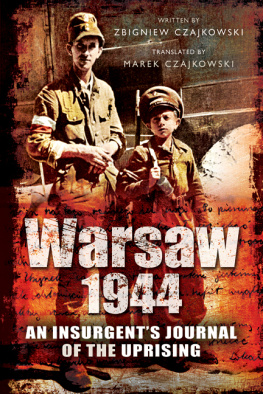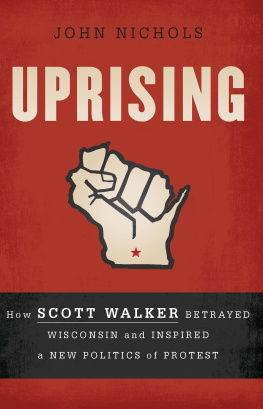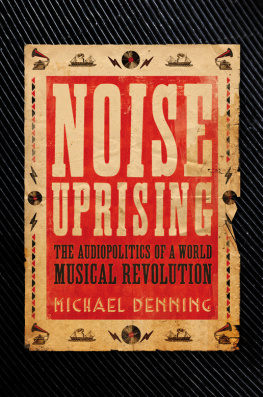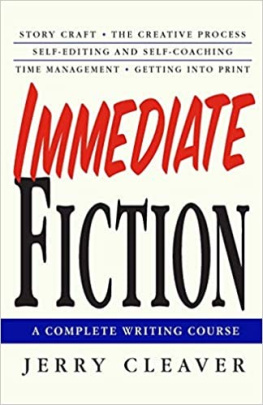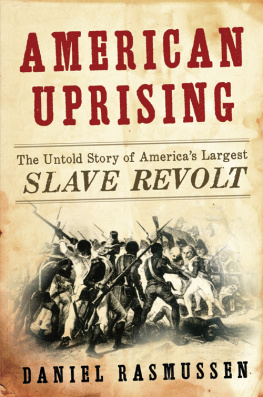Part of Commas History-into-Fiction series.
First published in Great Britain in 2019 by Comma Press.
www.commapress.co.uk
Copyright remains with the authors, consultants and Comma Press, 2019.
All rights reserved.
The moral rights of the contributors to be identified as the authors of this Work have been asserted in accordance with the Copyright Designs and Patents Act 1988.
The stories in this anthology (excluding the afterwords) are entirely works of fiction. The names, characters and incidents portrayed in them are entirely the work of the authors imagination. Any resemblance to actual persons, living or dead, events, organisations or localities, is entirely coincidental. Any characters that appear, or claim to be based on real ones, are intended to be entirely fictional.
The opinions of the authors and the consultants are not those of the publisher.
A CIP catalogue record of this book is available from the British Library.
ISBN: 1912697076
ISBN-13: 9781912697076
This project has been developed with the support of the Barry Amiel and Norman Melburn Trust as well as the Lipman-Miliband Trust.
The publisher gratefully acknowledges assistance from Arts Council England.
Contents
Ra Page
'Basically, it is us against them.'
- Howard Zinn
Introduction
Lets do this copper bastard over. These are the words my father was accused of saying before his arrest on the anti-Vietnam War protest of 30 March 1968 as it progressed towards Grosvenor Square, then site of the American Embassy. The officer who testified to overhearing him say these words in one of the many court cases that followed over 200 arrests were made that day was in fact not the officer who had arrested him. No such words were ever uttered, my dad insisted. In reality, he had instigated an impromptu sit-down in the middle of Regent Street and then complained about the rough handling of his five-month pregnant wife (my mum) by a completely different officer. Come the court appearance, as family legend has it, my dad defended himself and was complimented by the judge, who suggested he re-train as a barrister. Ultimately, though, he was found guilty and fined 15, which his fellow students at Regent Street Polytechnic paid on his behalf when he refused to.
This was the story my dad liked to tell, a wry smile curling the corners of his mouth. The story would end with the recollection of a fellow protester he met in the back of the police van that day, who told him he had been charged with kicking a policeman in the groin, even though he was physically incapable of doing so owing to a club foot. Dont tell anyone that until the day of the trial, my dad had suggested. But the man couldnt hold it in that long, and when the police returned to the van, he complained and they simply changed the charge to something else.
What my dad didnt tell us something my mum only told us recently was that his arrest that day in March 1968 followed him around for years. On securing a post as a senior lecturer at Chesterfield College five years later, for instance, plain-clothes CID officers visited both his future place of work and the tiny farming village he planned to move into, to warn co-workers and locals about the man about to enter their midst. Indeed it is no surprise that nearly five decades later, my family is still referred to in said village as the communists.
This case is mild, of course, amusing to the point of quaint. For, as many of the stories in this collection will attest, the history of British resistance is littered with much more violent and unlawful crackdowns than a mere creative use of the charge sheet or a spot of minor surveillance. From Boudicas Rising, through Peterloo, to the woodlands around Newbury and beyond, the quashing of unrest is something the British dont do by halves. Every tactic has been tried and, in many cases, perfected: torture, capital punishment (for treason), sabre-wielding cavalry charges, domestic espionage, entrapment, mass shootings, deportation (for the swearing of oaths), the deployment of troops and warships to British ports, plain-clothes snatch squads, Special Patrol Groups, kettling, even the use of improvised weaponry. Perhaps the reason why the British havent witnessed a revolution since the 17 th century and have an international reputation for being mild, moderate, even biddable is simply that we police resistance better here.
In putting this anthology together, two themes certainly emerged in the protests authors chose to write about: firstly the extraordinary and frankly creative lengths to which British security services have gone to manage resistance; and secondly the growing institutional hostility and wider climate of intolerance that has often coincided with these extreme policing methods. Authors were presented with a long list of historical British protests to choose from, as well as the opportunity to work with a historian specialising in the protest in question, or an eyewitness whod been there. Unlike in this books predecessor, Protest: Stories of Resistance , where many of the chosen movements seemed to cluster together around wider moments of social progress what the Welsh language activist Ned Thomas called awakenings this time many of the authors chose to explore the flip side to that history; times when, instead of moving things forward, people rose up simply to stop them slipping backwards.
Among such rearguard actions explored in this anthology are the Cato Street Conspiracy (which responded to the oppressive Six Acts that followed Peterloo), the Battle of Cable Street (a response by the Jewish community, trade unionists and communists to Mosleys blackshirts mobilising in East London), the Notting Hill Riots (the black communitys response to racist attacks by fascist-inspired Teddy Boys), and the Southall Riot (a response to the provocative staging of a National Front meeting in the heart of an Indian community). Whether successful, proportional or legitimate, each protest is open to ongoing reappraisal. But what is worth remembering in any context is what exactly these protests were trying to stop us from sliding into.
Before his death in 2000, the activist Tony Cliff often suggested that the period we are living in is like a re-run of the 1930s but with the film running more slowly. A seemingly intractable, decades-long economic crisis had led to the widespread deployment of racist scapegoating as a deliberate tactic to divide and weaken the working class in order to ensure they, and not the beneficiaries of capitalism, continued to pay for this crisis.
For many, this is too extreme an analogy. But its interesting to consider the scapegoating Cliff refers to in the current climate. Film-maker Daniel Renwick, in his afterword to Julia Bells Grenfell Tower story, goes straight to the philosohical core of what we believe underpins society in trying to understand what went wrong: the social contract. One of the differences between democratic socialism and neoliberalism is that the latter implies that the social contract (as originally conceived, between the state and the individual) is not enough. Its not enough that individuals rights need protecting in return for their law abidance; corporate interests need a voice too. In practice, these interests are always brought into the negotiations by stealth; the market needs to be free , so neoliberalism implies, in a way that individuals dont. And the best way to understand corporations, legally and psychologically, is to regard them as like people. Thus corporations enter the social contract not as a third seat at the table, but as part of our seat they become effectively the best of us, enjoying all of our rights, but fewer of our restrictions. (How often have the opinions of small-businessmen been granted privileged air time in public debates, over and above mere members of the public?)



